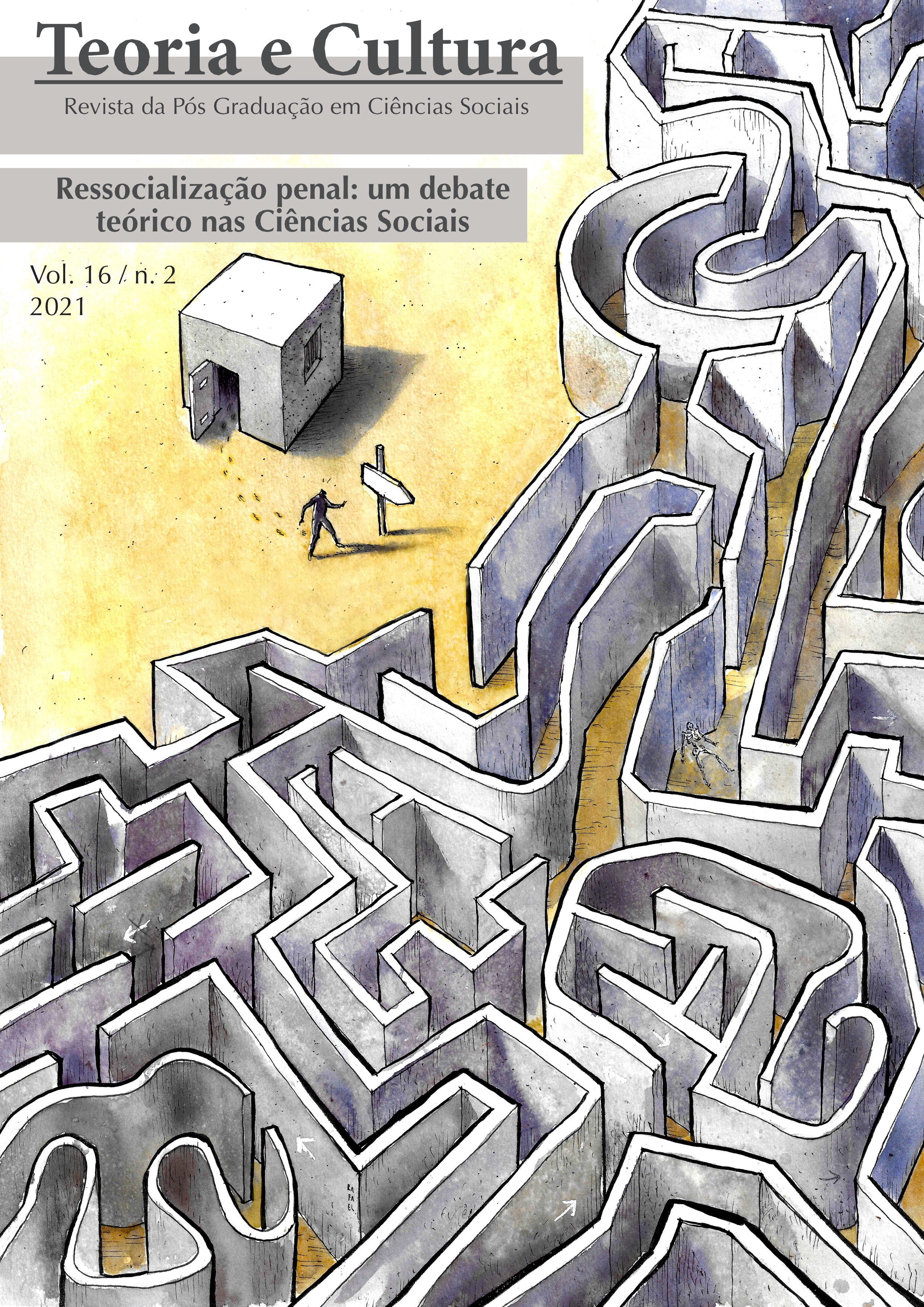Cárcere e Trabalho:
possível alternativa à ressocialização de presidiários no Brasil
DOI:
https://doi.org/10.34019/2318-101X.2021.v16.33856Abstract
Brazil is marked by several socioeconomic inequalities that yield in countless repercussions, such as poverty, precarious work and marginalization. Associated to it, there is the vertiginous growth of the prison mass made up of young people between 18 and 34 years old (75%), low schooling, approximately 60% between illiterate and those who haven’t concluded the elementary school, blacks (63.6%), and crimes related to the illicit provision of material resources (75% crimes against property and drug trafficking). This context points out to the state inefficiency in providing equal access to public resources for its people and to the immediate need for creating and a concrete implementation of public policies aimed at decreasing the prison population and the resocialization of inmates and former inmates. A descriptive analysis was carried out to describe the inmates profile, as per the last penitentiary census of 2017, against the available public mechanisms that sought to re-socializing and financially including inmates. It was concluded that both, the legal and practical framework, from the Brazilian modus operandi of inhibiting crime are still centered on the figure of a punitive and controlling state and, furthermore, policies in force are still incipient, short-ranged and inefficient in their primary proposals.








